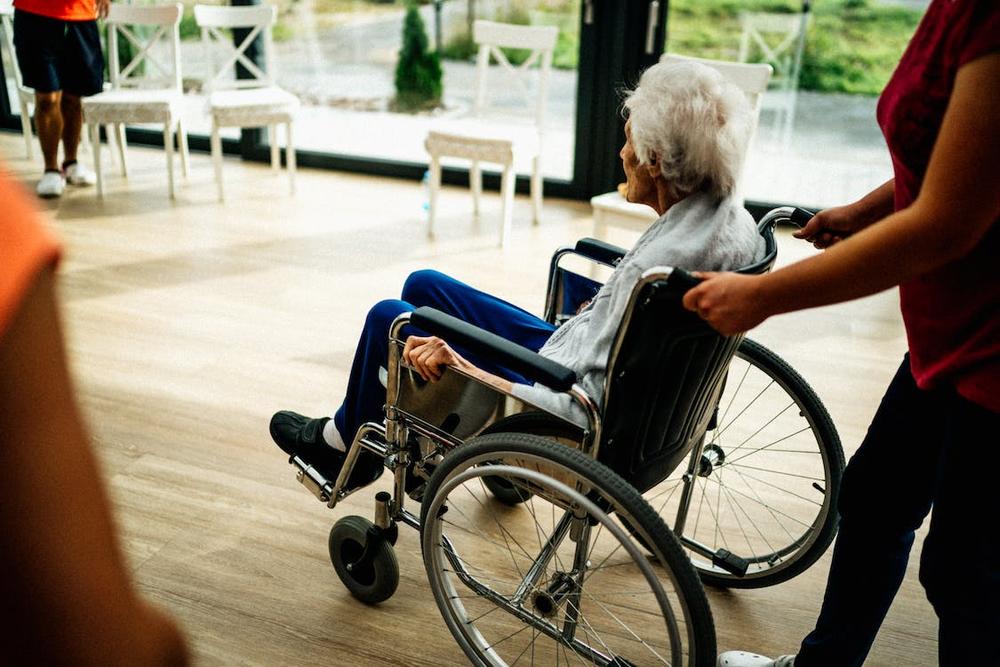
Caption
People protest outside the White House in Washington, Thursday, May 12, 2022. The healthcare workers' organizations said they are planning this event to fight for fair and realistic wages for nurses, safe staffing environments, no violence against healthcare workers, and changing the culture of the biases and discrimination in the nursing profession.
Credit: (AP Photo/Susan Walsh)


